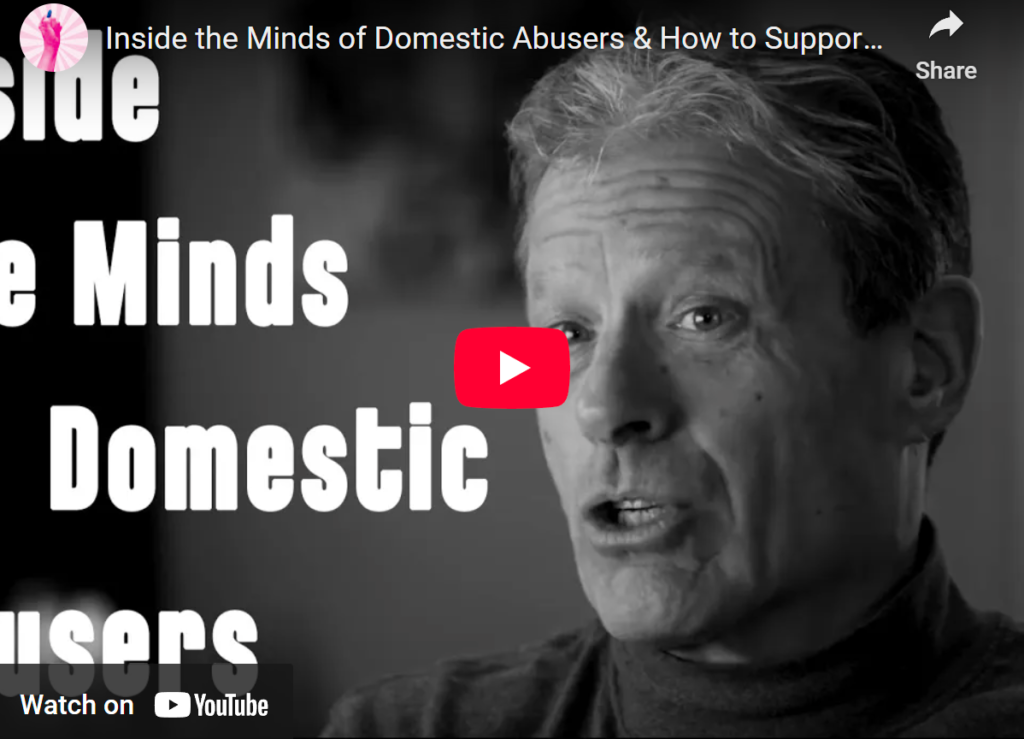ABOUT LUNDY
Lundy’s work focuses on working for justice for abused women and their children. Toward these goals, Lundy strives to write and disseminate accurate information about abusive men, including their strategies and tactics, their ways of getting away with what they do, their ways of keeping women trapped, and their realistic potential for change. Additionally, he writes and trains about the impact abusive men have on children in their lives.
AWARDS
Lundy won the 2004 Pro Humanitate Literary Award from the North American Resource Center for Child Welfare, for The Batterer as Parent: Addressing the Impact of Domestic Violence on Family Dynamics.
BOOKS
Lundy has written several books (CLICK TO PURCHASE):
BIO
Lundy Bancroft has over thirty years’ experience specializing in interventions for abusive men and their families. He has authored seven books, including the world’s best-seller on domestic violence, Why Does He Do That?, and the prizewinning professional book The Batterer as Parent. His new book, and first novel, is In Custody: A Carrie Green Mystery, released in 2021.
STAY CONNECTED!
Want to stay connected to Lundy? SIGN-UP for Lundy’s mailing list by CLICKING HERE!











